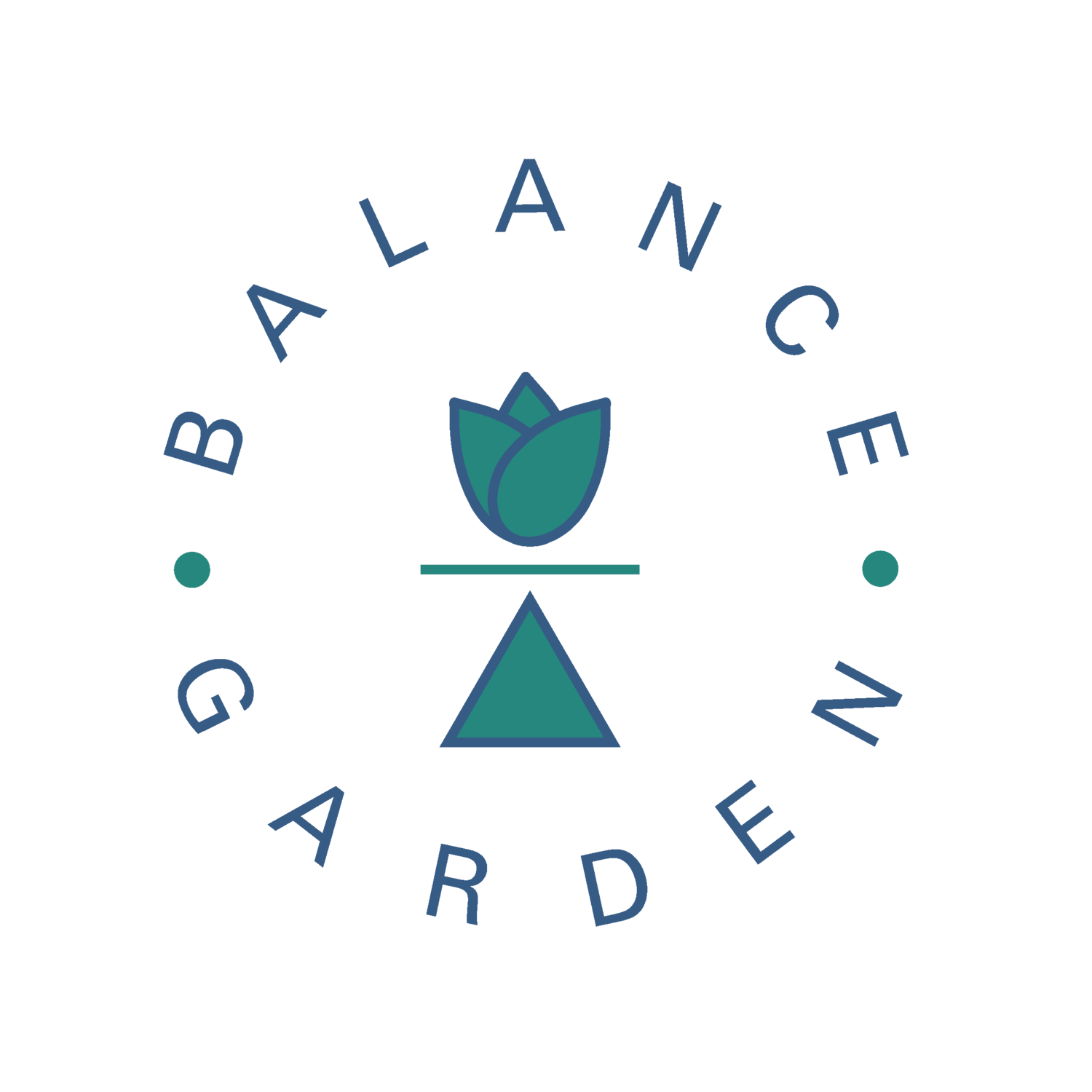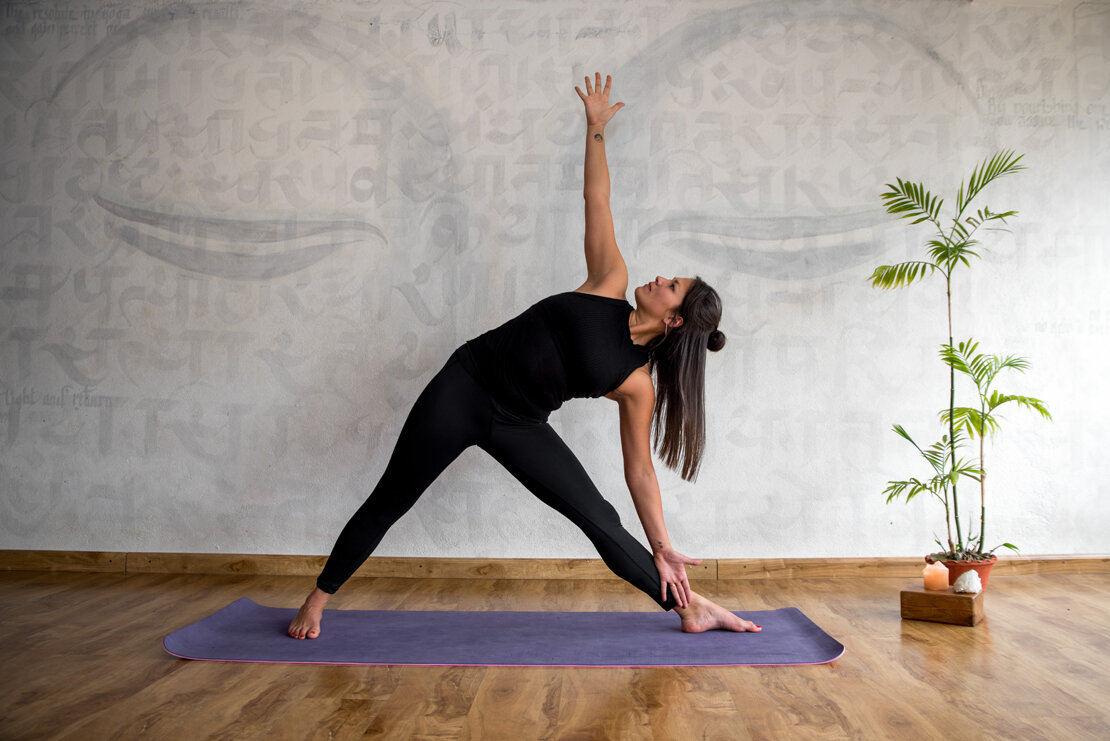Self Love or Tough Love?
/On International Women’s Day 2021, some of the Balance Garden teachers tackle a few of the newer Western ideas of body image and lifestyle that often get attached to the ancient Eastern principles of yoga…
Jasmine Pradhan, Balance Garden founder
Like many other pre-existing trends, the pandemic accelerated the rapidly growing health and wellness movement. A messenger of many things, not least our mortality, Covid-19 provided a new incentive to boost immunity and fitness, whilst the pressure of lockdown on lives and minds expanded a widening mental health awareness.
The ‘wellbeing’ label can be found on an increasingly wide spectrum of activities and products - from fitness to meditation, apps to pillow sprays - some of which may prey on pre-existing insecurities surrounding body image and lifestyle that can drive consumer habits (especially in women). With Covid adding to sources of uncertainty and anxiety, whilst removing many of their remedies, many of us have needed extra support, raising questions about how kind self-care culture really is.
The dominant, tough love approach encourages us to mortify ourselves into better habits, assuming that the only way to make positive change is by shaming ourselves. But research shows that people who speak kindly to themselves and do things to encourage presence, gratitude and connection, are more likely to eat well, exercise and feel content.
The principle of self-love is one long-embedded into the ancient philosophy of yoga, yet hasn’t always been adopted by its advocates in the western world of wellness, as what was once a strange and esoteric pursuit entered the mainstream. So what is yoga really about? It’s a question with a myriad of answers, so perhaps it’s easier to start with what yoga is not…
Yoga is not gymnastics. Although the body may one day more easily slide itself into some incredible posture through consistent, dedicated practice, this is not the aim of yoga, but rather a by-product. The impression that being ‘good’ at yoga is to be able to execute complicated ‘advanced’ poses is unnecessarily intimidating.
“Most of the images we see of yoga are ones that glorify hyper-mobility and body contortions, with little reference to the practice. The only reason I started yoga was to become more flexible, and I’m so relieved that along the way I discovered that it’s possible to accept your body just as it is, without needing to change it.” says teacher Maddy Robinson.
Gymnast, aerialist and yoga teacher, Natalie Pereira, trained to teach yoga after some serious injuries. She’s now careful to exercise in a healthy and conscious way, teaching Scaravelli Yoga - a slow-paced class with a strong emphasis on safe body alignment that is especially suitable for those with back pain or postural issues.
Yoga is not a sport. It is not a way of keeping fit. Yes, the body may get stronger and more flexible with time, but again, this is another added benefit and shouldn’t be the aim of the practice.
Tash Sekar specialises in teaching yoga for stress and burnout. She’s concerned about it being used to promote workouts; “‘Yoga Hiit’, ‘yogalates’ or ‘yoga without the spiritual stuff' does not exist and is an offensive form of cultural misappropriation. Using the word ‘yoga’ to promote these exercises removes the essence of what it actually is: a spiritual practice for mind-body connection.”
Yoga is not competitive or goal orientated. Contrary to popular culture, yoga shows us that it’s enough just to be here, regardless of the next milestone.
“We’re constantly being fed this hyper-aspirational reel of life that isn’t even real for the person showing it. It just plays on our fear of being ‘less than’, and leads us to believe we can acquire wholeness through a purchase, diet, or career goal. If you bring it back to yoga, it’s about getting to the root of who you are and uncovering it”, says teacher, Elle Daniel.
Yoga is not exclusive. It’s easy to make assumptions about people who do yoga - their gender, pronouns, sexuality and relationship with their bodies.
Gabi Markham is a yoga teacher and LGBT+ activist working hard to create a safe and welcoming space for everyone. She warns of “pink-washing”, which can increase around Pride, when people “slap a rainbow on everything, but aren’t actually doing the work to dismantle internalised oppression or ensure a space is really safe.”
“Arriving at a yoga class you’re often greeted with ‘hi ladies’, because it looks like a room full of women, or ‘hi guys’ - which for some people seems gender neutral but isn’t for others. Other gendered language might be ‘place a block under your bra strap’, which assumes everyone has one or is comfortable with that imagery.”
Balance Garden founder, Jasmine Pradhan explains, “in principle, yoga invites us to bear witness to our own varied experiences from the standpoint of an objective observer, rather than inner critic. Practicing this mindfulness can help us surf the waves of our lives, both on and off the mat, while remaining equanimous in our heart and calm in our mind.”
“In practice, yoga moves, breathes and stretches us so we can fully experience being alive. Poses (asanas) are a way to experience the physical nature of being. The pose is a way into the body, not the other way around. On the way, we hope to cultivate values that go hand-in-hand with the postures and breath; values such as aparigrha (non attachment), ahimsa (non harming), satya (truthfulness), asteya (non stealing) and brahmacarya (moderation).”
“The reason for sometimes challenging ourselves with more complicated poses is to observe our mind’s response, and be aware of our attachments to ideas of success and failure, effort and ease, rather than to ‘achieve’ the pose. Through yoga, we can find a way in, a path home to ourselves.”
Happy International Women’s Day from Balance Garden!
You can find Gabi, Elle, Maddy & Natalie’s classes along with Balance Garden’s full online yoga schedule here.



































